Meet the Exploring One Health 2023 Experts!
One Health Foundations Speakers
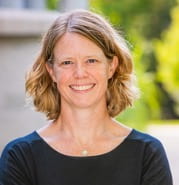
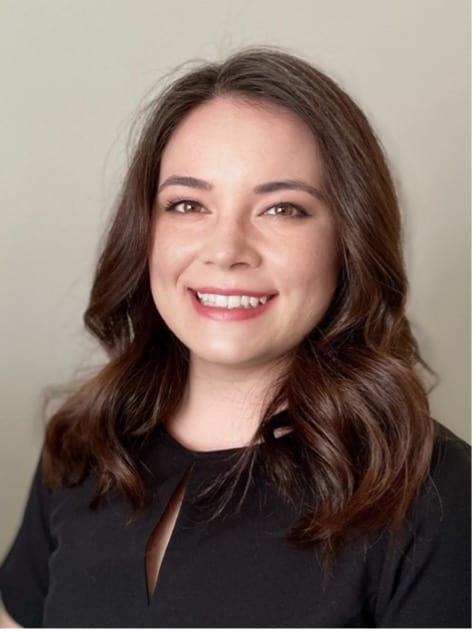
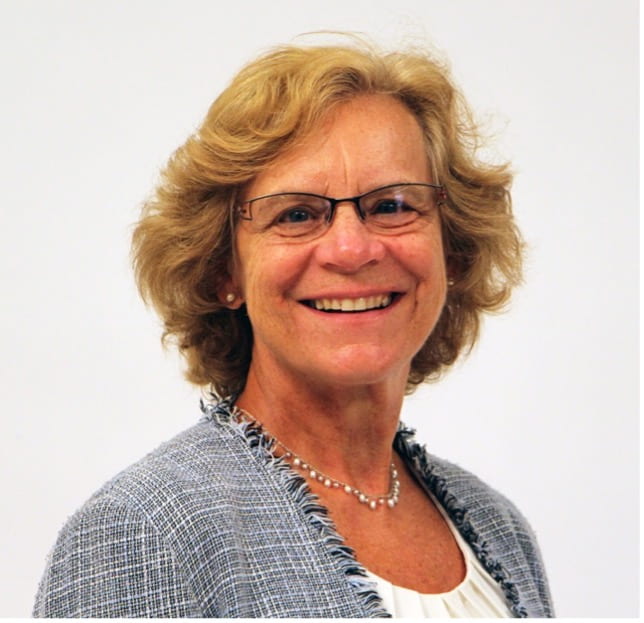
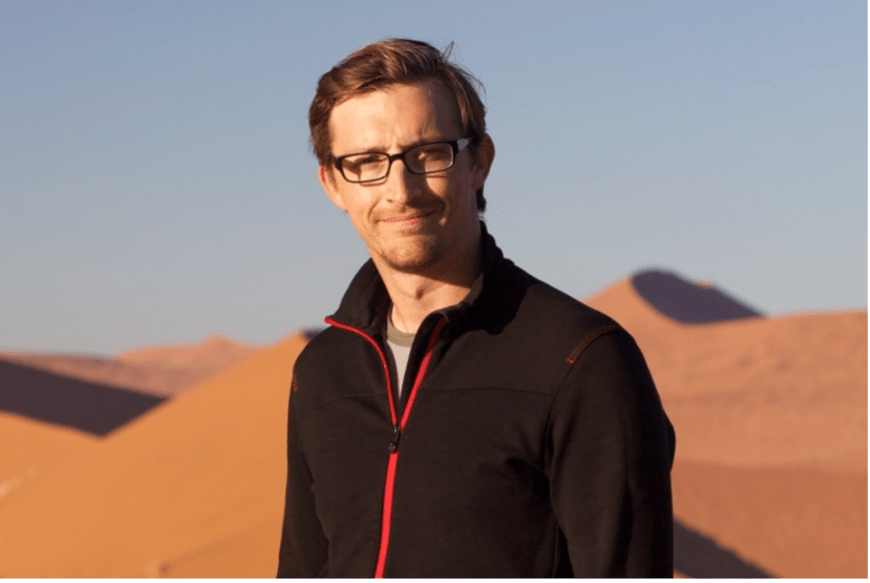
Dr. Jane Parmley
Dr. Jane Parmley is an Associate Professor in the Department of Population Medicine at the University of Guelph. She trained as a veterinarian at the University of Saskatchewan and has a PhD in Epidemiology from the University of Guelph. Throughout her career, Jane has worked on complex but fascinating health problems such as antimicrobial resistance (AMR) and emerging zoonotic diseases with government, non-governmental and university-based organizations. Using a One Health approach in her research, Jane uses systems thinking to consider the many drivers that influence health and the interconnections between humans, animals and our shared ecosystems, and collaborates with other disciplinary experts to find creative solutions to complex health problems.
Dr. Kelsey Spence
Dr. Kelsey Spence is an Assistant Professor in Epidemiology and One Health in the Department of Population Medicine. She is an infectious disease epidemiologist with an interest in how disease dynamics are influenced by societal factors, such as how people perceive and respond to health threats. Prior to joining OVC, she held positions as a postdoctoral researcher at the Royal Veterinary College in the UK and a mathematical modeller at the Public Health Agency of Canada.
Dr. Cate Dewey
Dr. Cate Dewey is the Director of the One Health Institute and the Associate Vice-President Academic at the University of Guelph. She is also a Professor of Epidemiology and Swine Health Management in the Department of Population Medicine, Ontario Veterinary College. After becoming a veterinarian, she spent six years in private veterinary practice before returning to the University of Guelph to earn a MSc in Clinical Studies and a PhD in Epidemiology. She conducted a 13-year, One Health research project in East Africa beginning in 2006. Her passion for One Health stems from the experience and understanding that most health problems of people, animals and the environment are complex. We must work co-operatively across disciplines to make a difference.
Dr. Travis Steffens
Dr. Travis Steffens is an Assistant Professor in the Department of Sociology and Anthropology at the University of Guelph. His research focuses on lemur-human interactions within shared environments, including how lemurs interact and respond to human-caused disturbances, and how humans are in –turn impacted by conservation measures for lemurs and their habitat. He is also the Founder and Executive Director of Planet Madagascar. Planet Madagascar is a conservation, education, and community development not-for-profit organization that works closely with local communities to improve the lives of people who live in Madagascar and to conserve lemurs and their habitat.
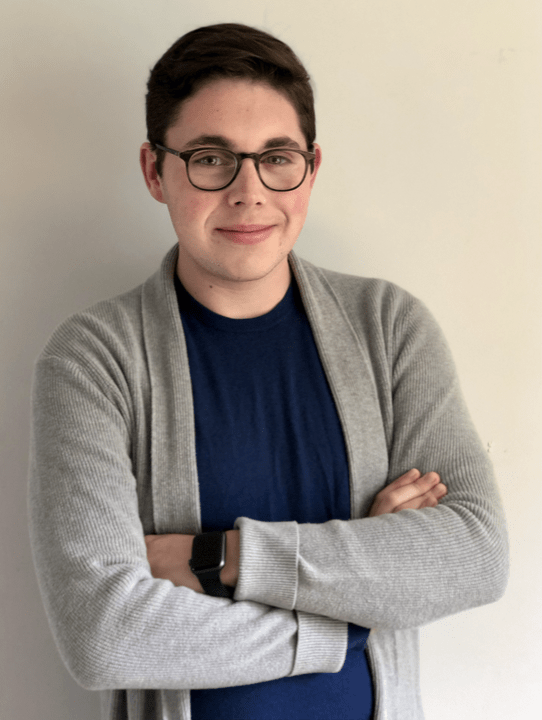
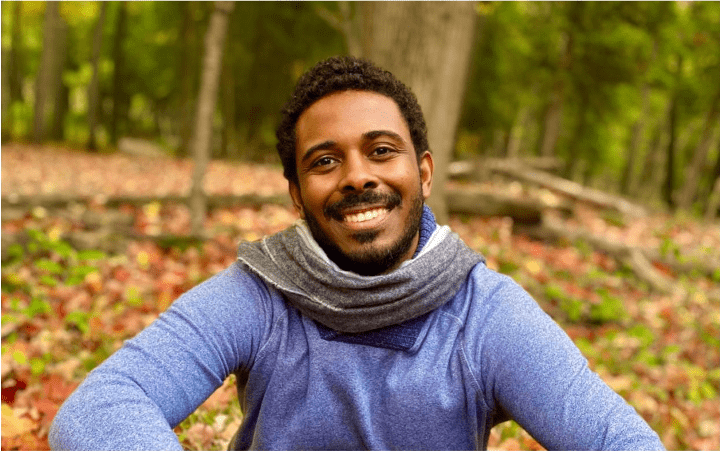
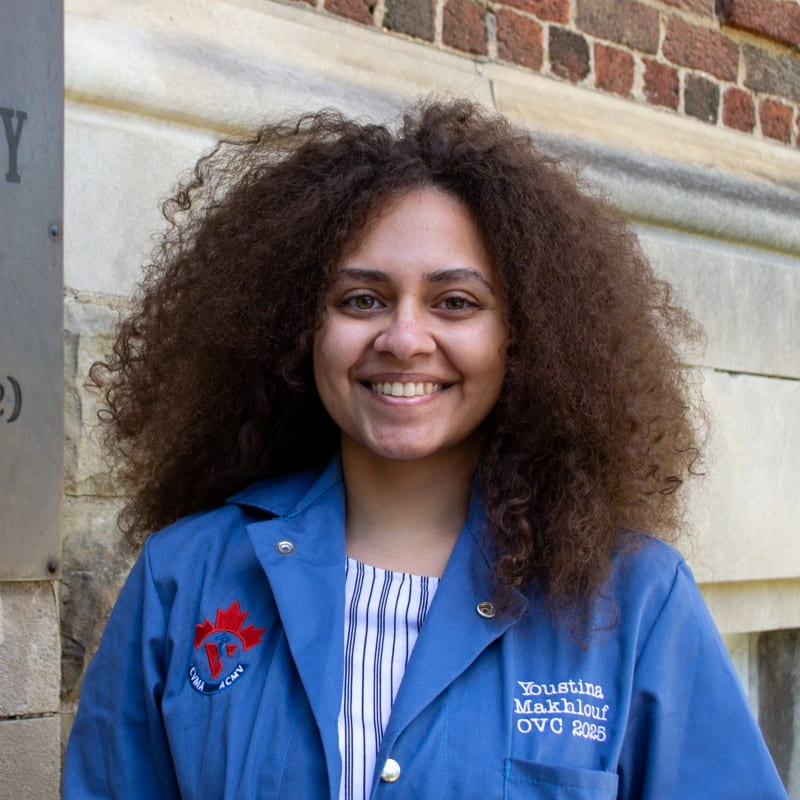
Liam Mullins
Liam (he/they) studied microbiology and neuroscience during his undergraduate studies at the University of Guelph. His fourth-year research project was based in the Cox Lab studying Escherichia coli efflux pumps and bacterial fitness. Currently, he is a MSc student in Experimental Medicine at the University of British Columbia, focusing on vaccine development. He is also passionate about health equity and climate justice.
Dr. Jehoshua Sharma
Jehoshua Sharma is a Ph.D. student from Trinidad and Tobago, currently at the University of Guelph in Ontario. Jehoshua is studying alternatives to antimicrobials and is using CRISPR to understand the functional genomics of the pathogen Candida albicans in the lab of Dr. Rebecca Shapiro. Outside of the lab, Jehoshua is a co-founder of cGEM, a Canadian-wide initiative that brings together research groups across Canada tasked with using synthetic biology to solve real-world problems. Their aim is to give students access to the tools that they need to conduct research independently and communicate their research on a wider scale to the public. Additionally, they sit on Ontario Genomics’ Board of Directors as the first student member; centering discussions on trainee needs that will assist in the socioeconomic success of Ontario Genomics’ programs. Through talks and outreach events, Jehoshua has made it clear that a significant aspect of their work is scientific communication. Recently Jehoshua also holds a position at their home department’s equity, diversity and inclusion committee, whereby they are advocating for changes that promote the presence of underrepresented researchers through changing recruitment and hiring policies.
Youstina Makhlouf
I am driven by a desire to learn and understand the world around me. This has brought me to the University of Guelph, where I recently finished my fourth year studying Animal Biology, with a minor in Zoology. I’m now studying veterinary medicine, with a particular interest in public health, sustainable development, policy, and conservation. My studies and experiences have given me an appreciation for how interconnected human, animal, and environmental health are, and I strive to apply a One Health approach throughout my career.
One Health & Art
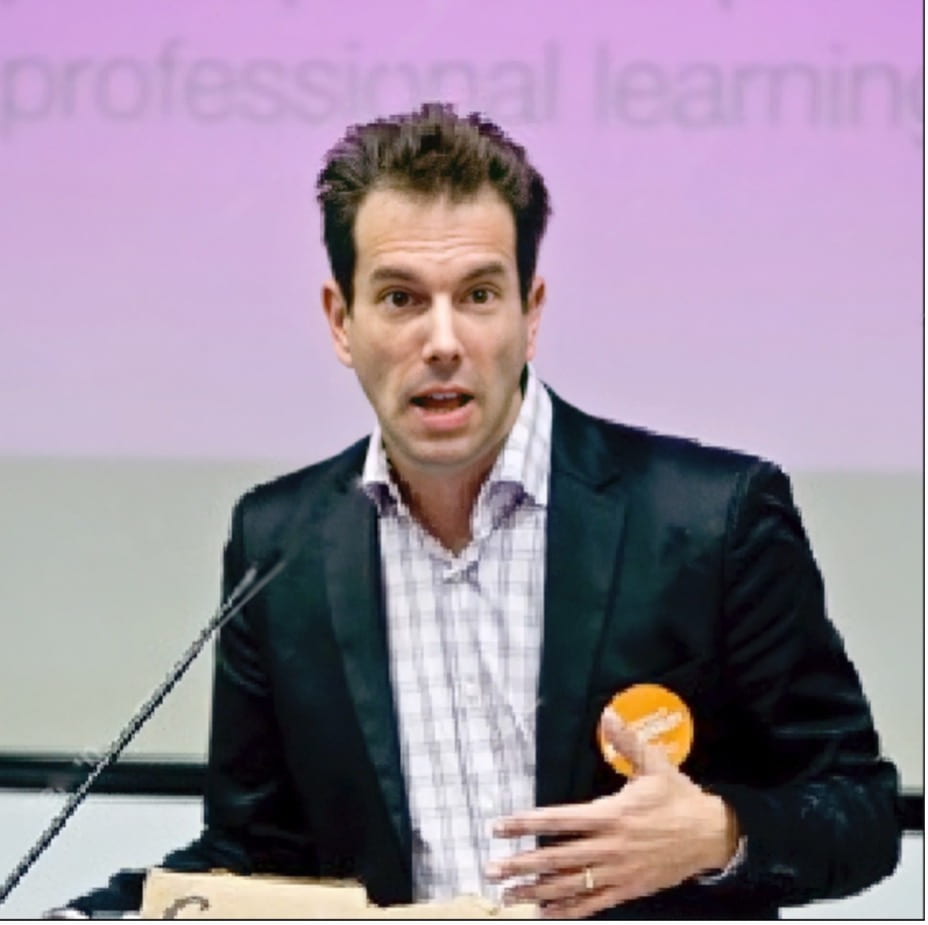
Dr. Mark Lipton
Professor Mark Lipton is currently in residence at Environment and Climate Change Canada (ECCC), Science Communication Division, supporting the pedagogical training of ECCC’s science communication professional development program, designed for over 2000 scientists. As an educator, he strikes a balance between theory and practice by employing alternative pedagogical models from multidisciplinary perspectives. He taught both middle and secondary school and worked as a teacher/educator and supervisor; he also works as a curricula specialist in the areas of communication, media, curriculum design, pedagogy, and assessment. He champions the educational uses of media and technology as promoting competence in multi-media literacies and advocates for its pedagogical value among Ontario public-school teachers and stakeholders.
Before coming to Guelph, Lipton directed the Media Ecology program at New York University, worked as a resource and site advisor for New York City public school teachers, taught at the Harvey Milk High School in New York City, held the Mellon Fellowship in Digital Humanities and Visual Literacy at Vassar College, and was the recipient of a Ford Foundation grant. He also spent time as the education director at the Children’s Media Project, a non-profit organization, where he led a team designing health promotion media literacy workshops. The New York State Department of Health and the Children’s Services Council of the United Way funded this multiyear research about health education, media literacy, and visual communication.
One Health Expert Q&A Panel
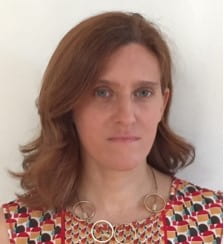
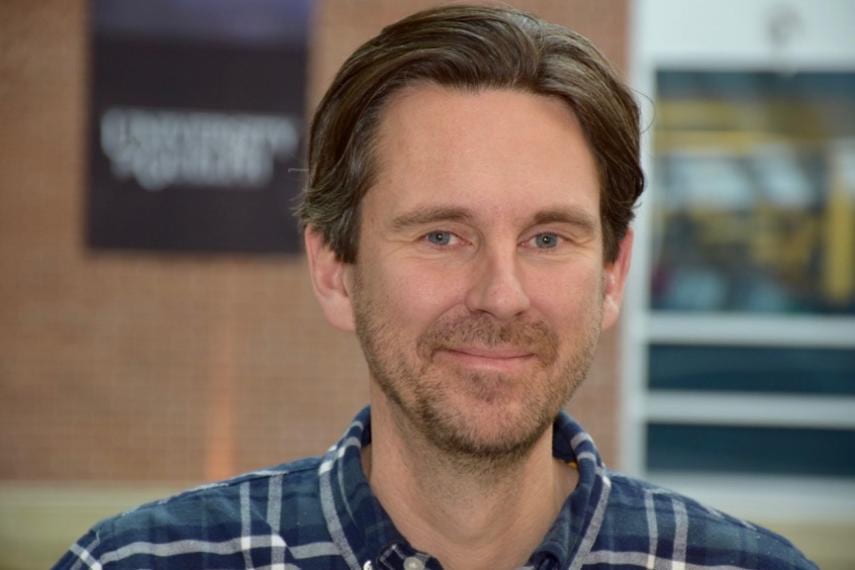
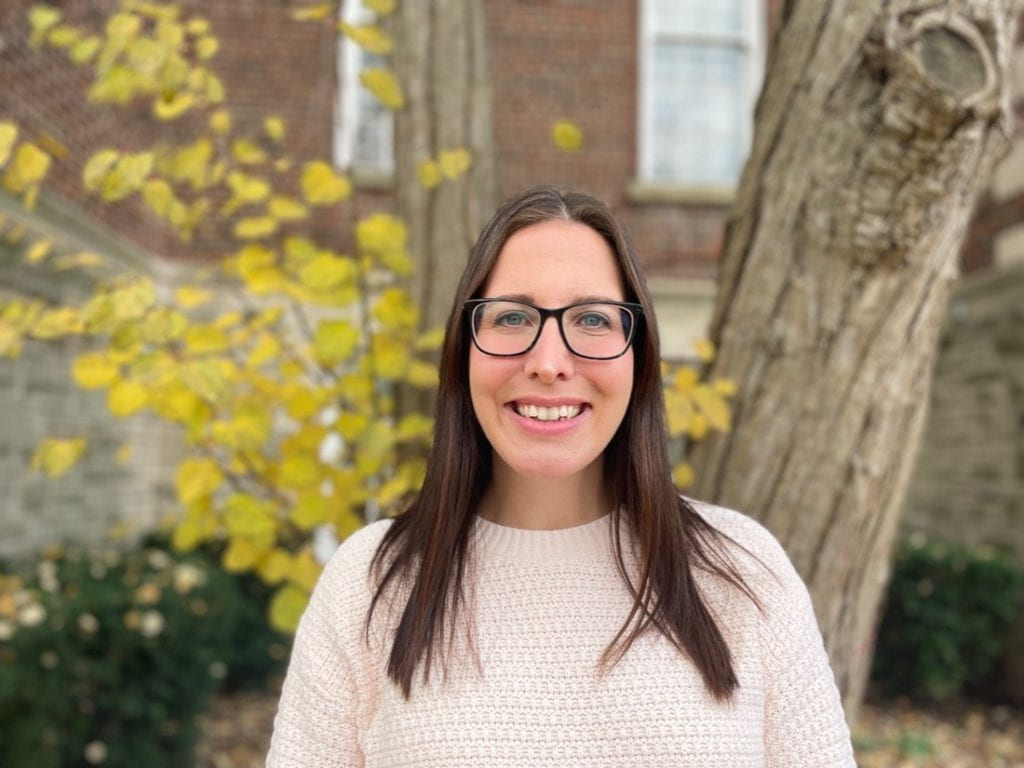
Dr. Maria Corradini
Dr. Maria G. Corradini is an Associate Professor in Food Science and the Arrell Chair in Food Quality at the Arrell Food Institute (University of Guelph). During her career, she has focused on developing procedures and protocols to identify and assess changes in food quality and safety linked to processing and handling practices throughout the supply chain, from producer to consumer. She has also developed and validated mathematical models to evaluate and predict how food processing and handling practices can favor or act in detriment of food quality, safety, and nutritional content. Using a systems dynamics perspective, she has leveraged her expertise to participate as the PI and co-PI in research projects that take an integrative view of food safety and security conditions within communities in Argentina (City of Buenos Aires), China (City of Macau), and USA (Newark, NJ). She has authored or coauthored over 120 research articles in refereed journals, 18 book chapters, two contributions to encyclopaedias, and six educational kits to promote STEM among underrepresented populations (middle/high school level).
Dr. Ryan Norris
I’m an ecologist interested in behaviour, conservation, and evolution of migratory animals. Our lab addresses a variety of topics including effects of climate change and habitat loss throughout the annual cycle in seabirds and songbirds, the role of migration networks and seasonal interactions in predicting changes in population size, the development of optimal conservation plans for a range of migratory species, the costs and benefits of migration, and life-history trade-offs between different periods of the annual cycle. My research integrates behavioural and demographic field research with landscape ecology, theoretical and empirical modeling, and biogeochemistry. Our lab conducts field research in a number of locations including Algonquin Park, the BC Pacific coast, Costa Rica, the Bay of Fundy, and right here on the University of Guelph campus.
Dr. Lauren Grant
Dr. Lauren Grant is an Assistant Professor of Environmental and Public Health and epidemiologist in the Department of Population Medicine at the University of Guelph. Her research program investigates the social and environmental determinants of One Health in animal and human populations using quantitative and qualitative approaches. She is especially interested in using novel, linked data to understand how these determinants impact health and health inequalities.
One Health Case Study Leaders
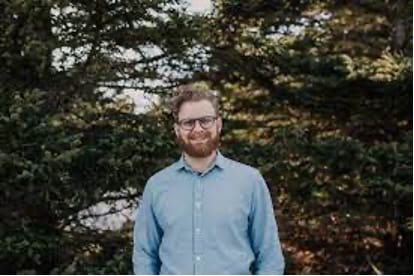
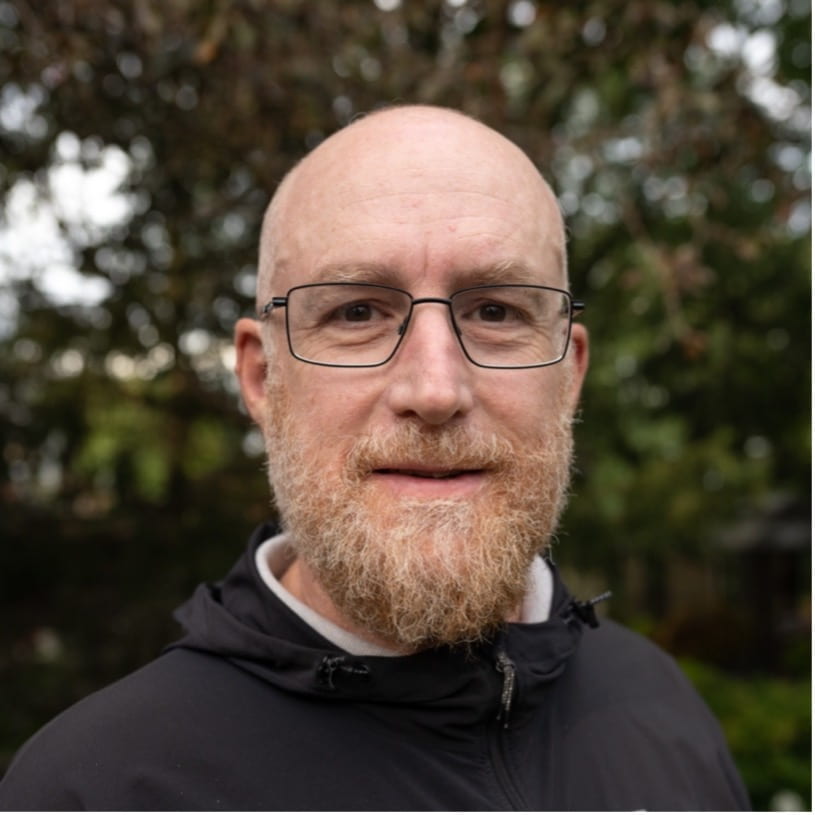

Dr. Quinn Webber
Dr. Quinn Webber is a behavioural ecologist interested in the movement, disease, and spatial ecology in long-term studies of individual wild animals. His lab addresses the intersection between social and spatial behaviour with a particular emphasis on how these behaviours affect disease and parasite dynamics within a One Health framework. He also emphasizes integrating classic ecological theory (e.g. optimal foraging theory) with contemporary methods (e.g. social network analysis and habitat selection analyses) to test multiple competing hypotheses. To date, he has been most excited about these ideas for bats, caribou, and squirrels, but if you study other species and are excited about these questions, please get in touch.
Dr. Thomas McIlwraith
I am a cultural anthropologist at the University of Guelph. Much of my career has centred on questions of Indigenous land use practices and principles, particularly within the context of settler resource extraction. I have worked closely with a small number of First Nations communities in British Columbia on these topics. I am also interested in the lived experiences of Indigenous peoples and in recording their stories in ethnographic and life history forms.
Michelle Grundahl
Michelle is a graduate student in the Master of Biodefense program at George Mason University, Schar School of Policy and Government. Her interest is the interface of One Health and Biodefense. A few special interests include global health security (health systems preparedness, zoonotic emerging infectious diseases), bioterrorism, agroterrorism, food security and biosecurity. She has been managing animal disaster planning in the Pennsylvania Animal Response Team, and for the Philadelphia UASI region’s Southeastern Pennsylvania Regional Task Force (SEPA RTF) Health and Human Services (HHS) Mass Care group for the past decade. Michelle earned her BS in Animal Science (Animal Biotechnology) in 2002 from Delaware Valley University (Cum Laude). Since then, she has been employed in the contract research (CRO) industry providing business development (pharmaceutical/biotech/chemical/agriculture) and drug development services for preclinical animal toxicology and human clinical trials.
One Health Student Case Study
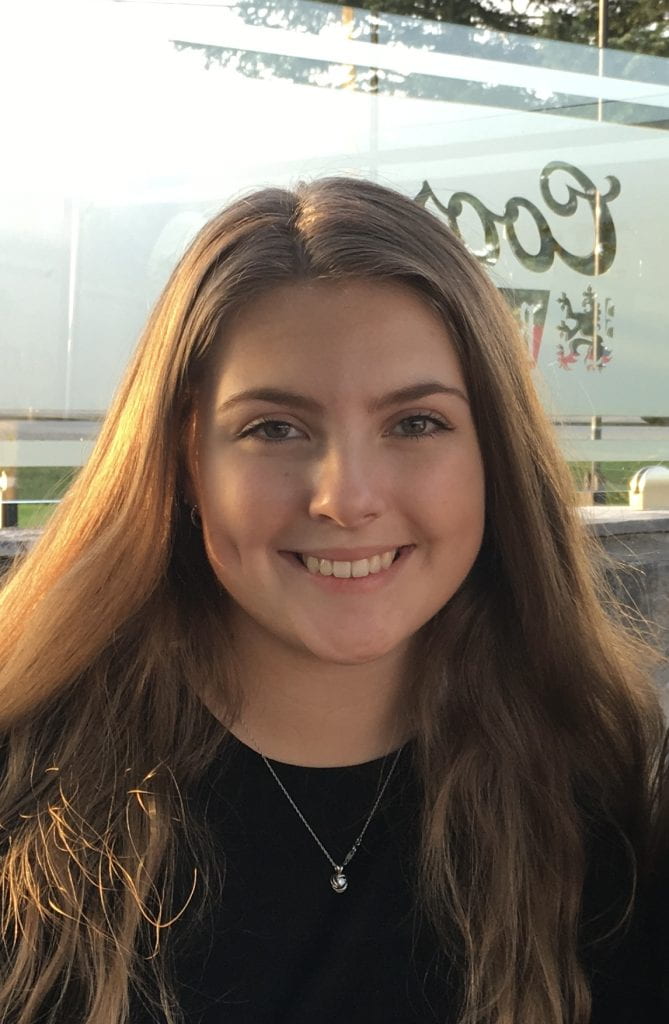
Rachael Cunningham
Hi everyone! My name is Rachael Cunningham and I’m the Vice President of Events for the One Health Student Committee. I’m an undergraduate student studying Zoology with a minor in Molecular Biology and Genetics and just completed my third year. I’ve learned a lot about One Health through various courses and seminars, and have found it so interesting that one concept combines my interests in animal health, human health, and the environment. I’m very excited to share my passion for One Health through the Exploring One Health series this year and hope you enjoy the student case study!
One Health Meet and Greet
Join us during our ‘Meet and Greet’ to ask any questions you may have, build connections, and network with some of our Exploring One Health speakers! Please see below for dates:

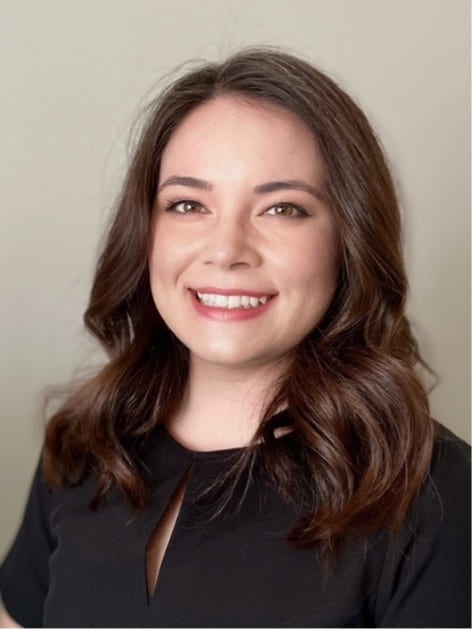
Dr. Quinn Webber – Thursday May 11, 2023 at 7:30pm-8:30pm EST
Dr. Quinn Webber is a behavioural ecologist interested in the movement, disease, and spatial ecology in long-term studies of individual wild animals. His lab addresses the intersection between social and spatial behaviour with a particular emphasis on how these behaviours affect disease and parasite dynamics within a One Health framework. He also emphasizes integrating classic ecological theory (e.g. optimal foraging theory) with contemporary methods (e.g. social network analysis and habitat selection analyses) to test multiple competing hypotheses. To date, he has been most excited about these ideas for bats, caribou, and squirrels, but if you study other species and are excited about these questions, please get in touch.
Meet Dr. Quinn Webber on Thursday May 11, 2023 at 7:30pm-8:30pm EST!
Dr. Kelsey Spence – Tuesday May 16, 2023 at 3:00pm-4:00pm EST
Dr. Kelsey Spence is an Assistant Professor in Epidemiology and One Health in the Department of Population Medicine. She is an infectious disease epidemiologist with an interest in how disease dynamics are influenced by societal factors, such as how people perceive and respond to health threats. Prior to joining OVC, she held positions as a postdoctoral researcher at the Royal Veterinary College in the UK and a mathematical modeller at the Public Health Agency of Canada.
Meet Dr. Kelsey Spence on Tuesday May 16, 2023 at 3:00pm-4:00pm EST!



